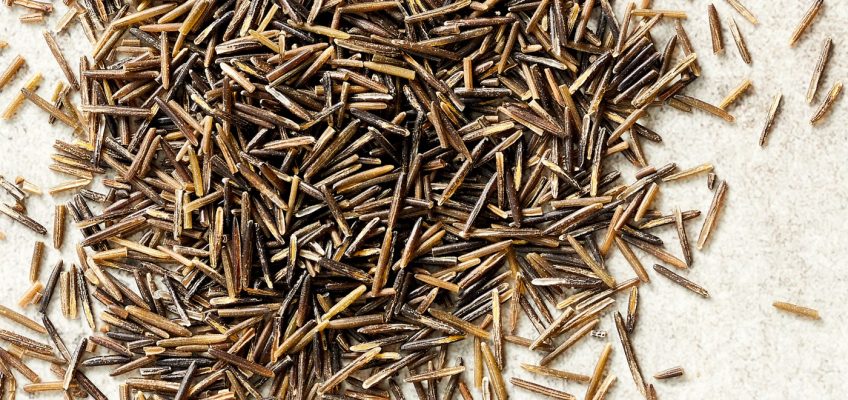The Minnesota Court of Appeals upheld a state agency’s decision to deny an iron ore mine and processing plant’s request to allow a downstream lake to have sulfate pollution nearly eight times higher than the standard for wild rice waters.
On Monday, a three-judge panel unanimously said the Minnesota Pollution Control Agency was right in February 2024 to deny U.S. Steel’s request for a site-specific standard allowing Hay Lake to have sulfate levels of 79 parts per million or 79 milligrams per liter. The state standard for wild rice waters is 10 ppm of sulfate.
U.S. Steel, which owns the Keetac mine and pellet plant, had appealed the decision, arguing the MPCA’s decision was arbitrary and capricious, unsupported by substantial evidence and based on an error of law.
He cited a Minnesota statute that allows the MPCA to determine if a modified standard is warranted.
“The MPCA’s analysis in this regard was based on its expertise, to which we defer. … Therefore, U.S. Steel did not demonstrate that the MPCA’s decision was based on an error of law,” Harris wrote.
Paula Maccabee, executive director and counsel for environmental group WaterLegacy, celebrated the court’s decision.
“It’s just a very simple opinion, it’s really easy to understand, and basically, it’s telling the MPCA, ‘You did the right thing to regulate, and you’re not stuck with that equation that was thrown out by the administrative law judge,’” Maccabee said, referring to the MPCA’s previous attempt at replacing the 10 ppm sulfate limit with a formula that would have included the water’s organic carbon and iron content. The agency withdrew its rule change proposal in 2018 after an administrative law judge said it was “unconstitutionally void for vagueness.”
In Monday’s opinion, Harris quoted the MPCA’s statement that “recent concerns have emerged that suggest the degree of protection against sulfide that is afforded by iron may not be as great as originally conceived.”
“Overall,” Harris wrote, “the record does not support U.S. Steel’s argument that MPCA used its will and not its judgment when determining that the sediment-based equation was not scientifically defensible, especially when used to grant an SSS (site-specific standard), instead of a statewide sulfate standard. Even if research related to the sediment-based equation continues to develop, potentially leading to conflicting scientific opinions, evolving research does not make the MPCA’s decision arbitrary and capricious.”
U.S. Steel can still petition the Minnesota Supreme Court to review the case, though it has not said whether it would.
“We are disappointed with the court’s finding and are reviewing the decision to determine next steps,” U.S. Steel spokesperson Andrew Fulton said in a statement Monday.
The MPCA did not immediately respond to the Duluth News Tribune’s request for comment.
Sulfate released into water from industrial processes such as mining and wastewater treatment can harm rice at elevated levels as it converts into hydrogen sulfide within the sediment, but
Federal permits covering water released from Keetac’s tailings basin, where a slurry of water and fine pieces of crushed waste rock sit behind earthen dams, and its open-pit mine, limit the monthly average sulfate in wastewater releases to 14 ppm and monthly maximum sulfate levels in wastewater releases to 24 ppm. Those figures are designed to keep downstream wild rice waters under 10 ppm of sulfate.
But under the Biden administration, the U.S. Environmental Protection Agency in May sent a notice of violation to U.S. Steel’s Keetac iron ore mine and pellet plant, alleging that it released wastewater with sulfate levels higher than the permitted amount 299 times into nearby waters between September 2019 and September 2022.
Related Articles
Sheriff: Parents won’t be charged after son, 3, fatally shot himself in December
Skier, 21, killed in weekend accident at Giants Ridge in Biwabik
Richard Carlbom will lead Minnesota DFL, succeeding Ken Martin
On Minnesota’s Iron Range, Trump’s tariffs could be boom or bust
High school hockey coach, Lakeville officer returns home 2 months after injury


Leave a Reply